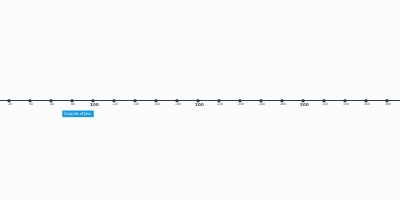Cordoba Caliphate in Al Andalus (Muslim rule in Spain (25 jan 751 ano – 27 mar 1031 ano)
Descrição:
Under the Caliphate of Córdoba, al-Andalus was a beacon of learning, and the city of Córdoba, the largest in Europe, became one of the leading cultural and economic centres throughout the Mediterranean Basin, Europe, and the Islamic world. Achievements that advanced Islamic and Western science came from al-Andalus, including major advances in trigonometry (Geber), astronomy (Arzachel), surgery (Abulcasis), pharmacology (Avenzoar),[11] agronomy (Ibn Bassal and Abū l-Khayr al-Ishbīlī),[12] and other fields. Al-Andalus became a major educational center for Europe and the lands around the Mediterranean Sea as well as a conduit for culture and science between the Islamic and Christian worlds.[11]For much of its history, al-Andalus existed in conflict with Christian kingdoms to the north. After the fall of the Umayyad caliphate, al-Andalus was fragmented into minor states and principalities. Attacks from the Christians intensified, led by the Castilians under Alfonso VI. The Almoravid empire intervened and repelled the Christian attacks on the region, deposing the weak Andalusi Muslim princes and included al-Andalus under direct Berber rule. In the next century and a half, al-Andalus became a province of the Berber Muslim empires of the Almoravids and Almohads, both based in Marrakesh.
Ultimately, the Christian kingdoms in the north of the Iberian Peninsula overpowered the Muslim states to the south. In 1085, Alfonso VI captured Toledo, starting a gradual decline of Muslim power. With the fall of Córdoba in 1236, most of the south quickly fell under Christian rule and the Emirate of Granada became a tributary state of the Kingdom of Castile two years later. In 1249, the Portuguese Reconquista culminated with the conquest of the Algarve by Afonso III, leaving Granada as the last Muslim state on the Iberian Peninsula. Finally, on January 2, 1492,[13] Emir Muhammad XII surrendered the Emirate of Granada to Queen Isabella I of Castile, completing the Christian Reconquista of the peninsula. Although al-Andalus ended as a political entity, the nearly eight centuries of Islamic rule which preceded and accompanied the early formation of the Spanish nation-state and identity has left a profound effect on the country's culture and language, particularly in Andalusia.
Adicionado na linha do tempo:
Data:
25 jan 751 ano
27 mar 1031 ano
~ 280 years
